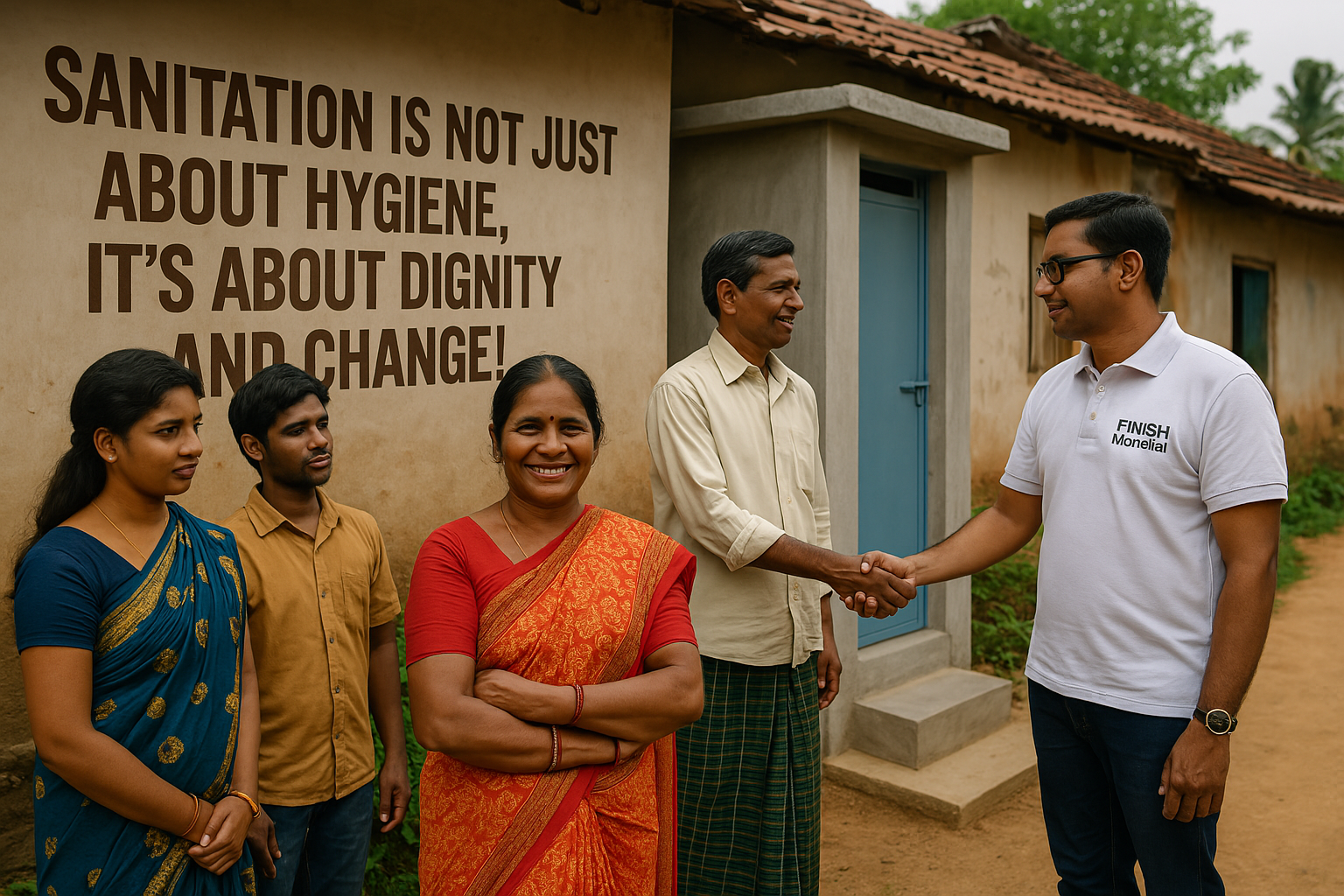
In the quiet lanes of Rajanapali village, Ward No. 11 under Boudh NAC in Odisha, lived a 54-year-old woman named Gahala Guru, a determined mother who faced an unusual challenge. Her son was of marriageable age, but despite several efforts, no marriage proposal was ever accepted. Family after family turned down the proposal without much explanation, leaving Gahala puzzled and disheartened.
“I have searched so much, approached so many families,” Gahala often sighed to herself, “but no one agrees to marry their daughter to my son. What is wrong?”
Over time, she started to notice a pattern. Some of the families hinted at concerns about household conditions. One day, while speaking to a relative from another village, she was told bluntly: “In today’s time, people look for a house with basic facilities. A toilet is a must.”
That moment hit her hard. Like many rural households, Gahala’s home did not have a toilet. Her family practiced open defecation, as had been the norm for generations. But times were changing. With growing awareness about hygiene, dignity, and women’s safety, the lack of a toilet had become a dealbreaker in marriage decisions.
Gahala sat outside her home that evening, her eyes moist, staring blankly at the fading sun. “How can I build a toilet?” she whispered to herself, her voice heavy with hopelessness. The cost of construction seemed unaffordable, and she didn’t know where to begin.
That’s when a ray of hope arrived—in the form of the FINISH Mondial team, who were visiting the village for a community awareness session on safe sanitation and toilet financing. The team, along with local partners, had been working across the region to promote technically sound toilets, improve hygiene practices, and support families in accessing sanitation loans through their existing Microfinance Institutions (MFIs).
When Gahala shared her struggle, the FINISH Mondial team sat with her and explained how she, being an existing member of Annapurna MFI in Boudh, was eligible to take a sanitation loan. They patiently guided her through the process, helped her with the necessary documentation, and even linked her with a trained mason from the FINISH Mondial database to ensure that the toilet would be constructed properly.
Filled with renewed energy, Gahala applied for the loan and, within weeks, her house had a brand-new toilet. She couldn’t believe it herself. Something that once felt impossible had now become a reality.
With the toilet completed, Gahala once again began looking for a suitable bride for her son. This time, the response was immediate and positive. The very first family she approached welcomed the proposal warmly. They were impressed with the presence of a clean, well-constructed toilet at her home and saw it as a sign of dignity and care.
The marriage was finalized, and celebrations filled the village. What was once a struggle became a story of success and inspiration.
But the impact didn’t stop there.
News of Gahala’s story spread quickly through Rajanapali. Other families, especially those with unmarried sons, began to recognize the importance of sanitation in not just health, but also social acceptance. More villagers approached the FINISH Mondial team to understand how they too could access loans, build toilets, and ensure a better future for their families.
Today, Gahala proudly shares her story with others.
“Toilet sirf zarurat nahi, izzat bhi hai,” she says with a smile—“A toilet is not just a need, it is dignity.”
This simple yet powerful transformation, driven by the partnership between Annapurna MFI and FINISH Mondial, is a shining example of how access to finance, awareness, and technical support can bring lasting change to communities—one toilet at a time.
